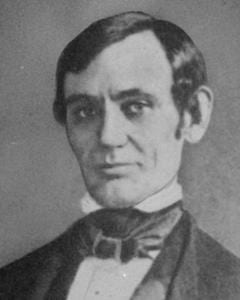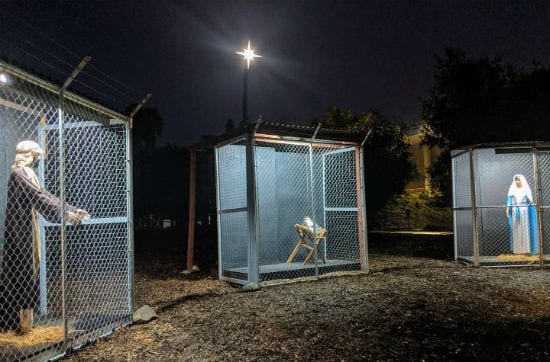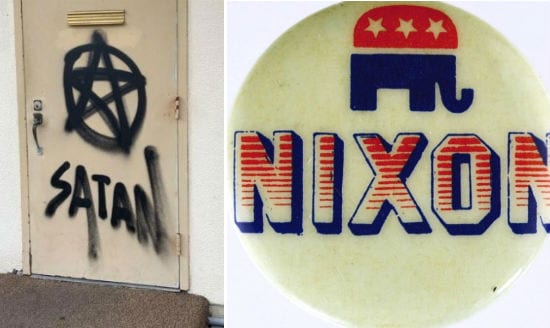For the first year of the war in Iraq, the Bush administration vehemently condemned any comparison between the quagmire in Iraq and the quagmire in Vietnam. Iraqification, they insisted, was nothing like Vietnamization and they denounced any hint of a mention of Vietnam.
The mire continues to quag yet, we are told, there are signs of hope. We are turning the corner in Iraq. A peace deal has been brokered in Najaf.
This is may be the fifth or the sixth time that the city of Najaf has been conquered or pacified, I've lost count. It's become like the old joke about quitting smoking — "it's not so hard, I've done it a dozen times."
American soldiers are still dying in this war at the rate of about 50 a month, reports of their deaths sneaking into the paper in "also" grafs at the tail-end of wire stories ("Also Thursday, a roadside bomb in …"). The current war, the one which must never be compared to Vietnam, is no longer front-page news. The front page is reserved instead for a debate about, yes, Vietnam.
John Kerry, you may have heard, claims to have served in the Vietnam War. The men who allegedly served with him support this claim, but their testimony is suspect due to their respect and admiration for Kerry. An untainted, credible witness would be someone who served with Kerry firsthand yet doesn't feel the need to heap praise on his valor, integrity and heroism. Since no such witness has yet been found, his alleged service in Vietnam remains a matter of dispute.
Also in dispute is Kerry's claim that thousands of Americans were killed during the alleged war in Vietnam. Kerry also claims that the names of these men are carved into a wall in Washington, D.C. Others, however, have pointed out that the names aren't really "carved" — they're really only superficial scratches in the marble. These critics also note that, by allegedly getting themselves killed in Southeast Asia, the men listed on that wall gave aid and comfort to the enemy. John Kerry supports those men, which makes him unfit for command.
Such disputes clearly are of greater import in the current presidential campaign than are questions about any of the three — count 'em, three — wars in which the United States is currently engaged. (Note: One could argue that the war in Afghanistan is actually a part of the SAIEWDNBIFSWHTUTAAWTTTSTCOTFW* — in which case there are only two ongoing wars. Either way, these clearly don't take precedence over this important discussion of the alleged war in Vietnam that allegedly ended 30 years ago.)
And in any case, we're reassured, both of these wars are in good hands.
Hamid Karzai, the mayor of Free Kabul, was recently named to Esquire magazine's best-dressed list, which more than makes up for the fact that he cannot safely leave the city and that elections scheduled for October are in serious jeopardy due to fighting among the country's many powerful, heroin-enriched warlords.
In Iraq, meanwhile, America's fortunes rest securely in the hands of Grand Ayatollah Ali Sistani. Despite being snubbed by Esquire, the ayatollah is a shrewd politician. His ultimate ambitions are unknown, and his health is failing, yet still we are confident — or at least desperately, feverishly hopeful — that he will be able to accomplish with moral authority what the world's only superpower has been unable to accomplish with military might. Otherwise, we're screwed. Really, really, screwed.
But that sort of thing shouldn't be an issue in a political campaign, should it?
– – – – – – – – – – – –
* The Struggle Against Ideological Extremists Who do not Believe in Free Societies Who Happen to Use Terror as a Weapon to Try to Shake the Conscience of the Free World. President Bush's preferred term for what has also been called the "war on terrorism." (See here, scroll almost to the bottom.)












